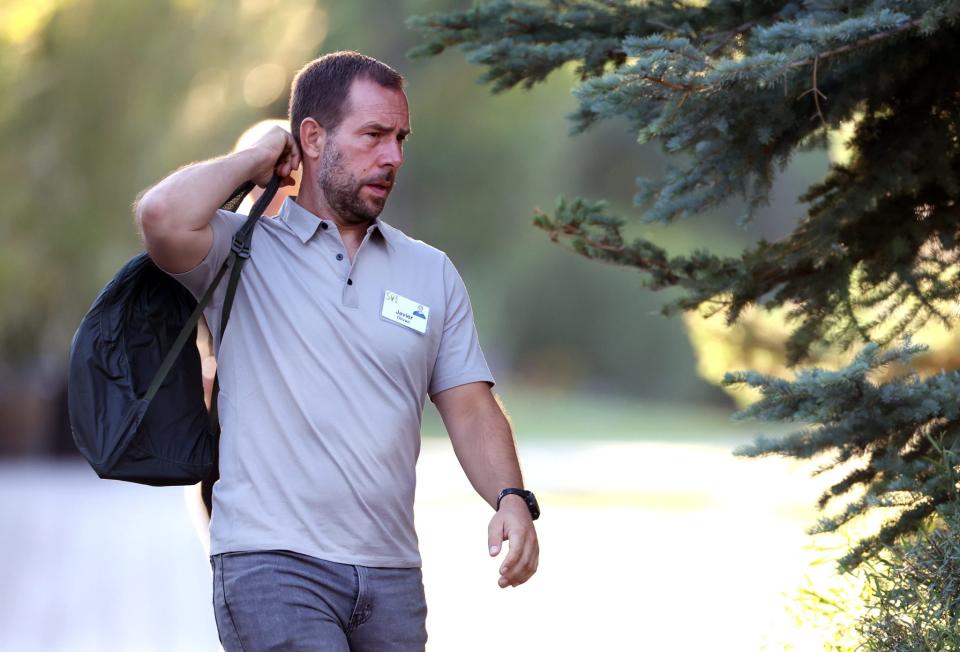Meta COO who replaced Sheryl Sandberg is keeping a low-profile

In a world in crisis, don’t seek the headlines. Do a good job first—then talk about it.
That's my takeaway from Davos 2024 and an important lesson heading into what promises to be another turbulent year in business and politics. One man I met in Davos who seems to understand that concept is Javier Olivan. If your first reaction is: Javier who? Then I would say: my point exactly.
Olivan, a Spanish-American engineer, has been the COO of Meta since the summer of 2022. He inherited the job from Sheryl Sandberg, who became somewhat of a business celebrity during her time in the job. Olivan, too, will be a Meta heavyweight: he oversees tens of thousands of employees, almost all new product rollouts, and the company’s trust and safety efforts.
But don’t look for Olivan in the headlines or on public stages—at Davos or elsewhere. He hasn’t publicly spoken about Meta’s plans to address disinformation ahead of 2024 elections, let alone any other topics. I argue that’s a good thing. In a crucial election year, Meta has a lot to lose in terms of public trust—and all of us have a lot to lose if Meta gets it wrong. Olivan’s actions, then, matter much more than his words.
When I spoke to Olivan at a dinner co-hosted by Fortune and Cognizant, he made it clear his low-profile approach was deliberate. It one of the few things he and his boss mentioned when he took the job. “Javi will be focused internally and operationally,” Meta CEO Mark Zuckerberg wrote at the time, describing Olivan's “more traditional COO role,” compared to Sandberg’s “superstar” profile. Olivan, for his part, called Sandberg a “remarkable advocate for Meta,” but added that his role was unlikely to have “the same public-facing aspect.”
Meta, of course, is a one-of-a-kind company, with a rather unique role as a platform for global citizens and their online political discourse; its stakes are potentially world-changing. Still, Olivan's under-the-radar approach can apply to executives from firms of all kinds.
As polarization in society and politics has increased, more executives have burned themselves than gained universal praise when speaking out on issues not core to their business. One way to get the balance right is for a company to do a stakeholder mapping before venturing into the public debate.
More news below.
Peter Vanham
peter.vanham@fortune.com
@petervanham
This story was originally featured on Fortune.com

 Yahoo Finance
Yahoo Finance 